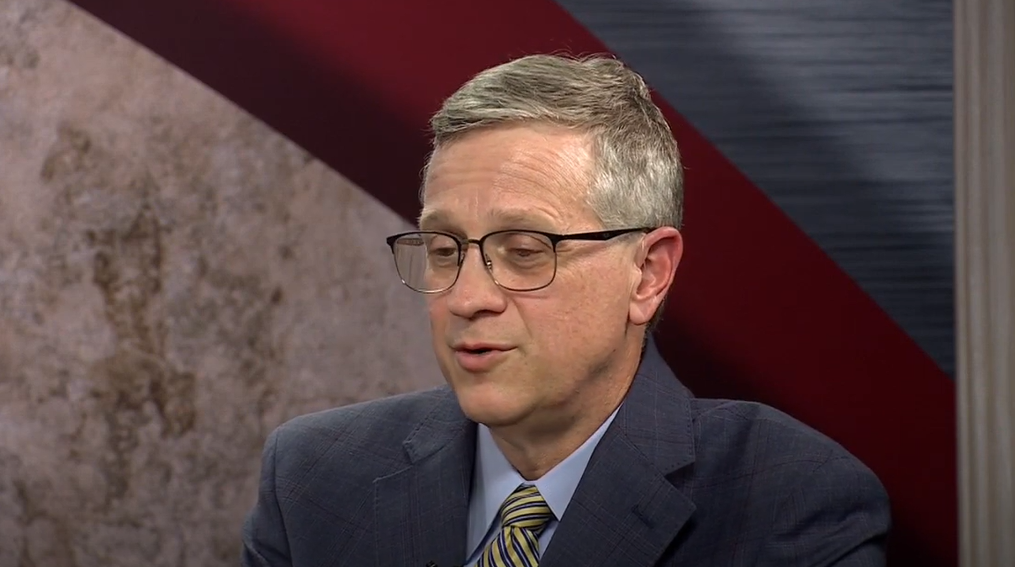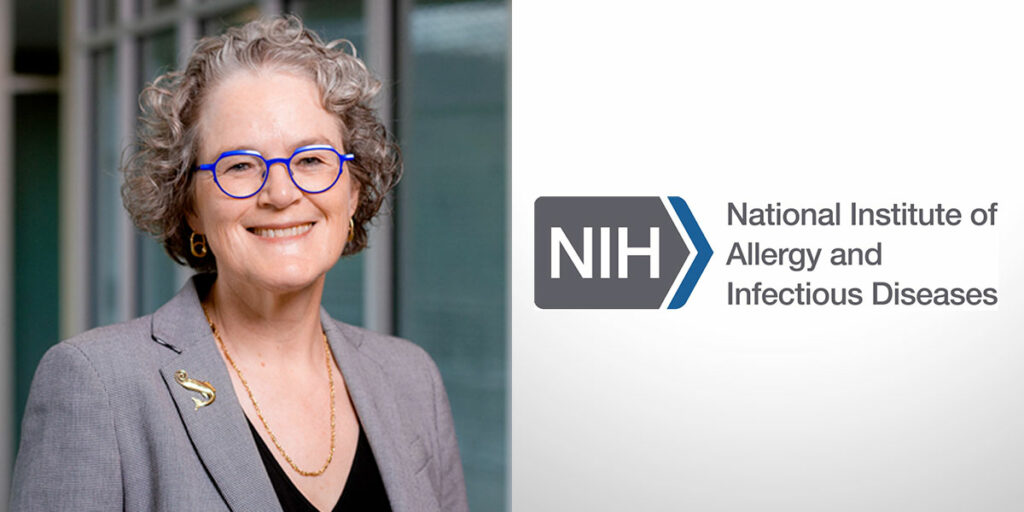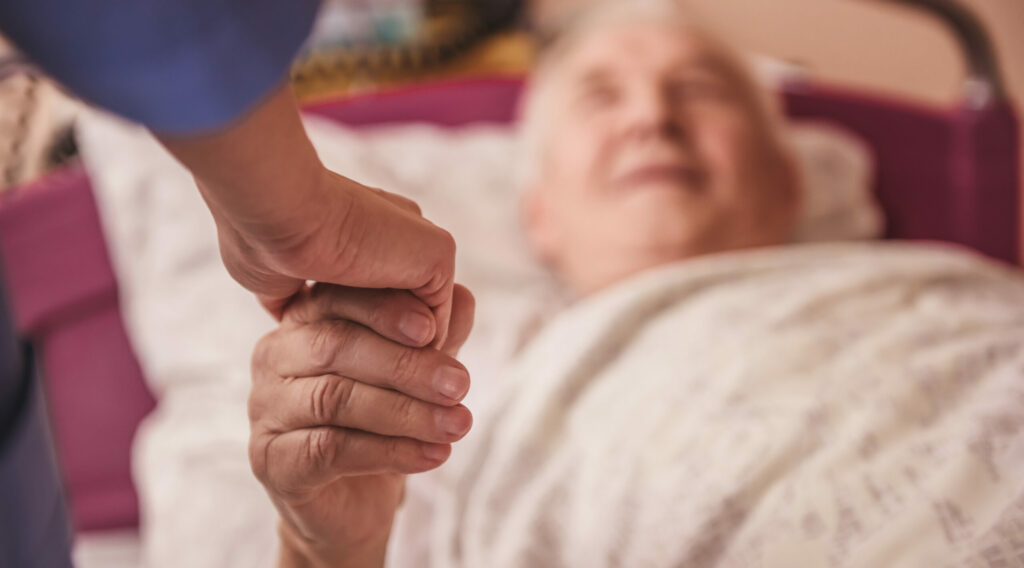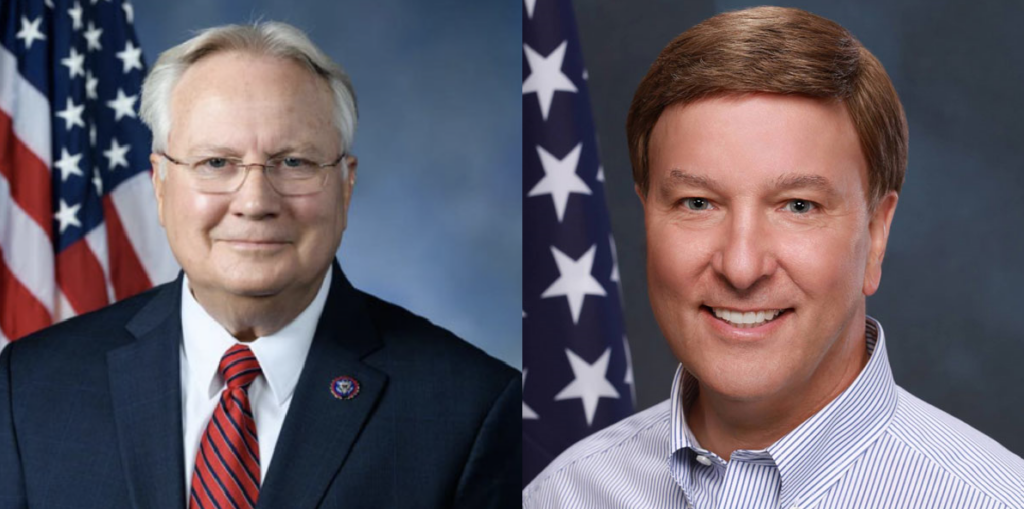Giving back to her community is not new to Meghan Goyal.
That’s why the 10th grader at Birmingham’s Altamont School quickly embraced the idea when she read an online article that volunteers are needed to help make plastic face shields for health care workers fighting the battle against the deadly COVID-19 disease. Local organization Bham Support was calling on area makers to help produce these face shields using 3D printers.
“Both my parents are doctors, and when I saw this, it struck a heart chord. I thought it would be a great project to take on,” said Goyal. “I’m involved in a lot of service projects, and I didn’t want to stop just because school has stopped.”
Knowing that the equipment she needed was at her school, Goyal turned to Altamont’s computer science teacher, Ryan James, and head of school, Chris Durst, in March. She wanted to use Altamont’s 3D printer and laser cutter to produce the shields from a prototype file she had received from Bham Support.
Meanwhile, Noah Warren, another Altamont School student, approached James with his own proposal.
The ninth grader’s plan was to use a prototype to produce 3D-printed adapters that could be attached to full-face snorkel masks to convert them to reusable medical masks for health care workers. The adapter attaches the fabric lining to the plastic snorkel mask, thus turning it into a single piece. Warren also needed access to the school’s 3D printer for his project.
“The nurses and doctors have to put on both a mask and a face shield,” said Warren, whose mother, a nurse anesthetist at UAB Highlands, had learned about the prototype from a co-worker. “This mask is simpler and quicker to don in emergency situations.”
James volunteered to work with both students, who are in his classes at school this year. James is teaching Goyal and Warren in his Web Design and AP Computer Science Principles classes, respectively.
“I’ve taught Meghan and Noah for three years, and so when they came to me, it really wasn’t a surprise,” James said. “It makes me feel good that the students are the ones who are pushing the adults to this level. I think it may be rare at some schools, but we have a lot of kids at Altamont who want to give back.”
James has worked with Goyal and Warren every step of the way, training them on the proper use of the equipment and helping them to develop and fine-tune the prototypes. He also purchased plastic online for the students’ projects and allowed Goyal to take one of the school’s 3D printers home to help make the project easier.
Since then, James, Goyal and Warren have been holding regular virtual meetings and chats on Microsoft Teams to work out the kinks in completing the personal protective equipment (PPE).
James said the biggest challenge has been safely handing off the various parts of the project to one another while maintaining social distancing.
“This has been an Altamont community effort,” James said. “Noah received a 3D file and sent it to me on Teams, and I created a printable file for our 3D printer. The file was then printed on our 3D printer by Meghan, who arranged for the finished print to be picked up by Noah.”
Goyal uses the 3D printer at her home to make the face shields and the adapters for the masks. James then shapes the face shields using the school’s laser cutter, and Warren assembles the PPE.
“It takes three to four hours to make a print,” Goyal said. “When one print is done, I take it off the printer and start a new one.”
The teamwork has paid off. Warren has made face masks for a group of nurses at UAB Highlands.
Goyal has provided face shields to hospitals across the Birmingham area. She even sent a box of face shields to an Atlanta doctor who requested them after reading about the project on Altamont School’s Instagram account.
In addition to these projects, James recently responded to another request that involved turning a prototype into PPE for medical professionals. At the request of a fellow teacher at Altamont, James made ear savers for a military medical facility in Fort Collins, Colorado. Ear savers are thin plexiglass headbands that can be worn behind a person’s head to take the pressure off the ears, he said.
“When nurses and doctors wear masks all day long, the rubber bands around their ears can be uncomfortable,” said James. “When they wear these headbands, there’s no more rubbing on their ears, and that’s why they are called ear savers.”
James said in just two hours, he turned out 200 ear savers with the laser cutter.
Along with their own projects, Goyal and Warren are helping Bham Support deliver PPE made by other volunteers to area hospitals. They both agree the project has been rewarding and plan to continue the effort as long as it is needed.
“It’s reassuring to know that we are helping to keep my mom and others in the medical field safe from the coronavirus and that we are helping to stop the spread of the disease,” said Warren. “I am grateful that Mr. Durst and Mr. James let us use the school’s computer science equipment and that they encourage us to use that technology to help our community.”
Warren added it is Goyal’s commitment that has spurred him on throughout the project.
“Meghan has worked really hard. She has inspired me to do more than I would have done on my own.”
James said before the pandemic, he had never dreamed of making medical PPE. But in future, the project will be an integral part of his 3D printing class.
“We know that viruses follow a seasonal path and there are multiple waves,” James said. “I get to decide what we make in my 3D printing class. We will look at how we can make better, more sustainable masks for the medical industry. That way, when this happens again, we will be able to say we have made prototypes, we know how they work, and we can produce PPE from them.”
(Courtesy of Alabama NewsCenter)












